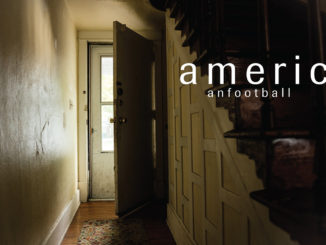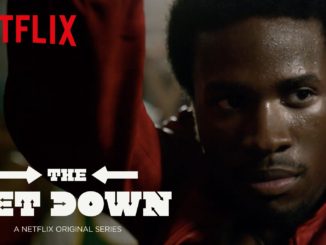
Today many would agree that racism seems to be a phenomenon that has mostly disappeared. Few people still see humanity as classified in pure races and even fewer believe in the superiority of some races over others. Why, then, do we still hear about racism and acts of discrimination in Ireland and Europe?
Recently, an anti-racism rally has been organised in Waterford after 200 people gathered outside the home of a Roma family and smashed windows and broke doors, creating such an atmosphere of fear in the Roma community that some families had to be evacuated from their homes. Only a few weeks earlier, the Gardaí took a 7-year-old child from her Roma family in Tallagh, west Dublin, only because she had blonde hair and blue eyes. The girl was later returned to her Roma parents after the DNA results confirmed she really was their child.
The Roma population is not the only victim of this kind of abuse. A similar sort of discrimination is also directed at the Traveller community. The Irish Times columnist, Eamonn McCann, has defined the prejudice against Travellers as “the hate that dares to speak its name”. He compared the different weight given to the word “nigger”, which most of us would never dare to speak, and the much more frequently used term “knacker”.
DCU lecturer of Intercultural Studies Veronica Crosbie explains that “the Travellers and Roma communities are stigmatised in Ireland (and also more broadly in Europe) due to the fact that they have cultural values and traditions at odds with the ‘settled’ community”. The case of Irish Travellers is even more complicated as they “are not recognised officially as a distinct ethnic group although there have been efforts to have this status recognised,” she adds.
Cultural racism is often associated with xenophobia, the fear and contempt of strangers or foreigners, which has strongly increased in the last years in connection to the economic crisis and a more significant immigration rate. According to recent CSO statistics, 12 per cent of the population in Ireland is non-Irish, most of them coming from the EU. According to Crosbie, “it is too early to tell to what extent integration is taking place in Ireland”.
On a positive note, Ireland did not experience the development of a xenophobic or anti-immigration party as it was the case in many European countries – one example is Ukip in the UK. Also, the Educate Together schools are giving a very positive example for integration in the education sector.
But there is still some way to go. We should not be confused by the shift in the meaning of racism, and we should keep looking at the world around us with a critical eye.
By Giulia Luzi




Leave a Reply